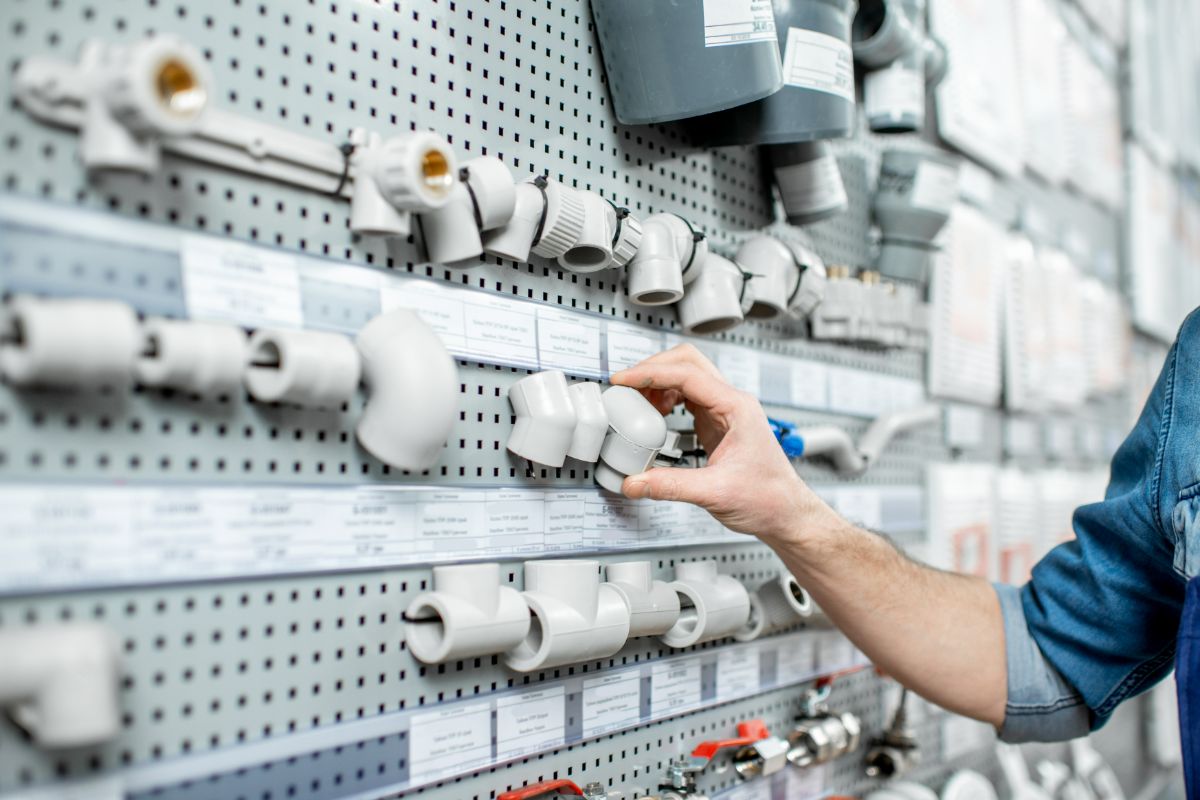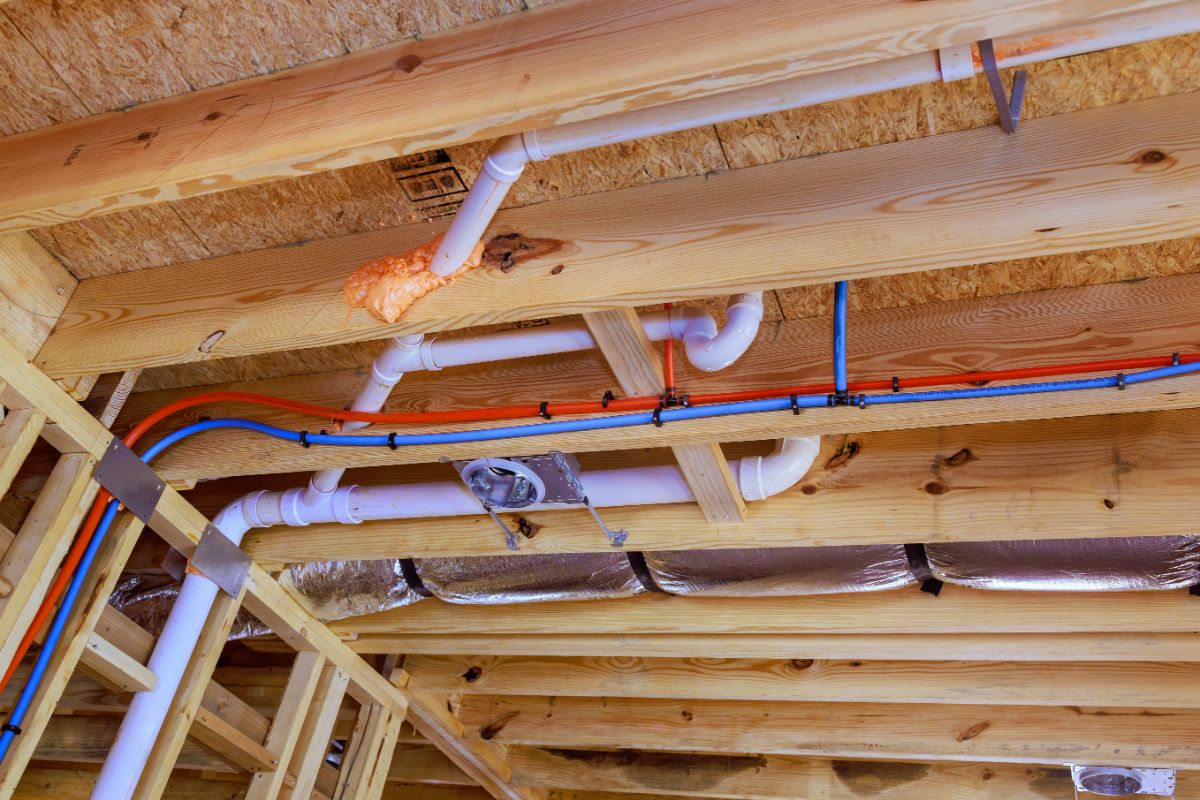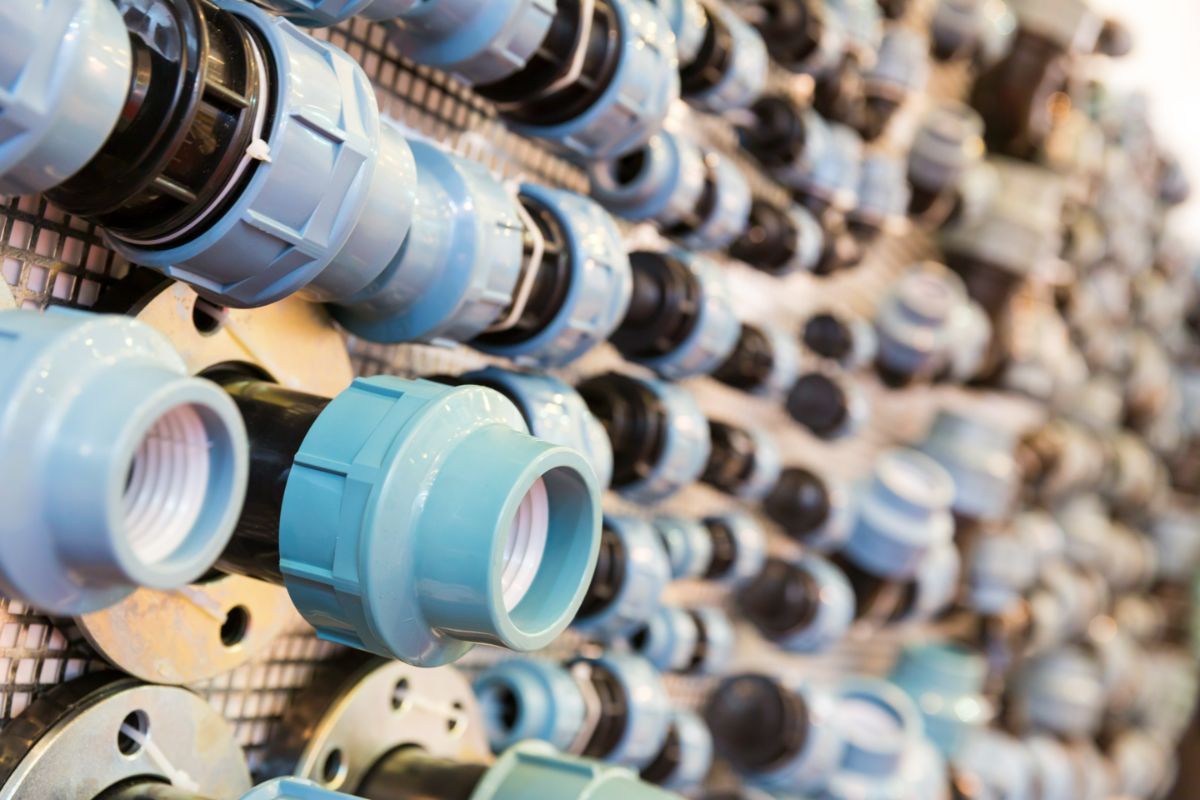Do you love in Bradenton and looking for affordable plumbers? The city has many professional plumbers and plumbing companies that you can choose from. However, you need to choose wisely by listing some of the Bradenton Plumbers to choose the best. You may find the process tedious, but you should ensure you choose the best that can handle any plumbing problem that may arise.
Through proper guidance, you can search for the best plumbing techniques that stand out from the rest. You can narrow down your search and get cheaper Bradenton Plumbers. You just need to remember the right choice of professionals that can solve any of your plumbing problems that can arise from your building. Whether it is an emergency or not, Bradenton Plumbers will instantly solve any plumbing problem that arises in your building. All your plumbing needs an expert who can install or repair a new system. The following are tips that you should consider when hiring plumbing services in Bradenton.
Never rush for large companies
Even if the company is known for plumbing services in Bradenton due to its experience, they will normally charge high fees. This is because they carry higher overhead; therefore, you need to choose a plumbing company operated by the owner. Big companies normally charge high because their plumbers work on a commission basis.
Enquire from people you know and trust
You can talk to your family, friends, or relative, and you may get some contact with Bradenton Plumbers, who helped them when they faced some plumbing problems. Ask them about the quality of the plumbing services they received and if they were happy and satisfied. Reference from such people will easily guide you to get the type of plumbing services that suits your needs.
Search online
The internet is becoming the ultimate resource for any type of problem we face. Using internet, you can try finding appropriate plumbers who can help you with your plumbing needs. There are many plumbing forums and listings that you can use to get the best Bradenton Plumbers. You can get their contact information and call them requesting any type of plumbing service.
Are they licensed?
Ensure that you are working with licensed Bradenton Plumber so that they can deliver satisfying plumbing results. Because they are approved, they have all the required tools, knowledge, training, and experience to fix problems using the shortest time possible. Also, licensing bodies to ensure that all plumbers have undergone training to ensure they have the required skills to carry out any plumbing job.
How long have they been in business?
The plumber you choose has some experience to ensure they gained all the skills required for a perfect plumbing job. Experience is the best way to determine the reliability and quality of services. Bradenton Plumbers, who are experienced, will offer exceptional plumbing services because they have been into the industry for so long.
Do a background check
You can’t just choose people without knowing their background. You can’t bring anyone in your home or building. You must start by checking their background to ensure your building is safe, and you receive quality plumbing services. Also, background checking you allows you to know if they have any cases pending that have been raised by the clients they have served.
Bradenton Plumbers skills
Plumbing is a difficult task that requires talent and special skills. Ask Bradenton Plumbers if they have the knowledge and skills to do the job. Also, enquire if Bradenton Plumbers have the required tools to ensure the job is well done. The level of satisfaction you get depends on the skills and knowledge of the plumber you hire.
Insurance
Insured Bradenton Plumbers are the best since there are no or fewer chances of loss. In case of losses or damage during the job, you don’t need to get worried as they will compensate you for all the damages. Read their terms and conditions before hiring their services to know how they compensate for all your claims and losses incurred during plumbing.
The goal of Bradenton Plumbers is to offer top-level services that exceed the expectations of their customers. They use the latest tools and equipment to fix all your plumbing problems. They will also give you tips and advice to help you avoid the problem in the future. Bradenton Plumbers will take care of your needs in a professional way.











